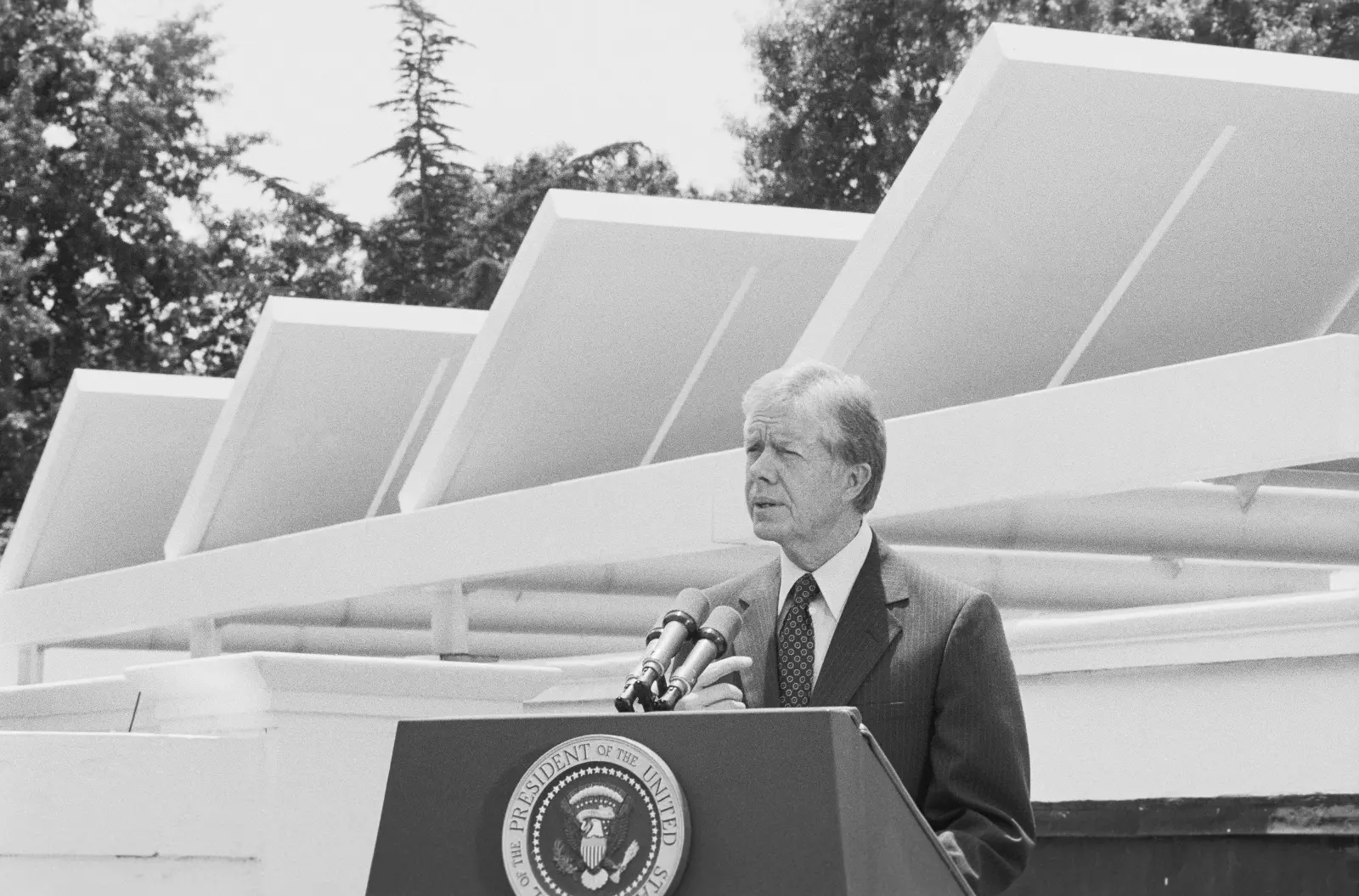In 1981, a Democratic president who’d made energy policy a centerpiece of his administration left the White House after just one term — voted out partly due to the perception that he didn’t do enough to combat inflation and high energy prices amid destabilizing conflict in the Middle East. His successor promised to open up the country’s oilfields and to “make America great again.”
It’s not exactly 1981 all over again, but today — as the country holds funeral services for Jimmy Carter, the 39th president, who died on December 29 at the age of 100 — the echoes of his term in office are loud enough to warrant taking a second look at how Carter’s presidency inaugurated the world we live in, one in which energy is central to American politics.



